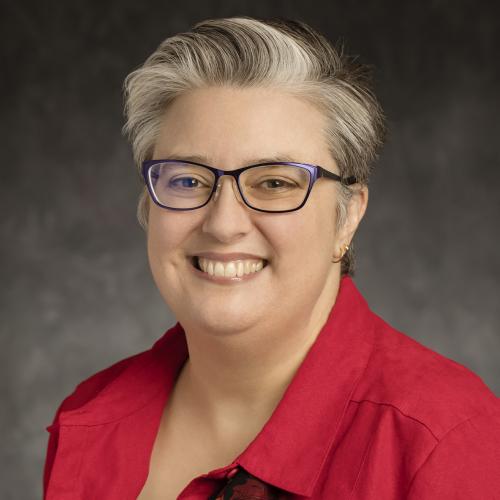Associate Professor Catherine Blake will present at the 2017 inaugural Health Communication: Barriers, Breakthroughs, and Best Practices (HCB3) Conference from March 1-3 at the University of Illinois at Urbana-Champaign. An exclusively online conference, HCB3 2017 is sponsored by the Health Communication Online Master of Science program at Illinois. Participants come from all professional areas of healthcare, especially those focusing on the intersections between technology and patient experiences, health literacy, provider-patient communication, cultural health communication, e-health accessibility, and application of theory to real-world practice.
The theme of this year's conference is Technology and Electronically-Mediated Communication in Healthcare. Three keynote presentations are scheduled to stream at 12:00 p.m. each day of the conference, followed by a virtual discussion. Presentations will take place during the conference, but discussion boards will be open until March 10.
Blake will give the talk, "Using the Claim Framework in a Mobile Environment."
Abstract: Mobile devices have very limited real-estate compared with our desktop interactions. Although we all can access the more than 26 million abstracts in PubMed that reflect the best quality scientific evidence available, the quantity of information is often not amenable in a mobile environment. Our goal is to provide a mobile user with a summary of key findings made in literature. In some cases this removes the need to access the full text of an article, and in other cases it provides the user with a way to navigate to the article that best meets a user's information need. The key to achieving this goal is a set of automated methods that identify the key findings (or claims) from full-text empirical studies. The Claim Framework (Blake, 2010) characterizes experimental findings into five types of claims – explicit, implicit, correlation, comparison and observation – that have been observed in a range of biomedical research settings. Explicit claims appear most often, but comparison claims (Blake and Lucic, 2015) also provide a rich source of information about exactly what entities are being compared, how they are compared and the result of the comparison. In this presentation we introduce the claim framework and focus on how explicit and comparison claims capture key findings from an article. We then show how a summary of the extracted claim facets from these claims provide a new way for a user to interact with the literature that is ideally suited to a mobile environment.
In addition to her professorial role, Blake serves as associate director of the iSchool's Center for Informatics Research in Science and Scholarship and holds affiliate appointments in the Departments of Computer Science and Medical Information Science at Illinois. Her research explores both human and automated methods to synthesize evidence from text. She brings industrial experience as a software developer, formal training in information and computer science, and more than a decade of research experience in text mining, in particular from full-text scientific articles in medicine, toxicology, epidemiology, and diabetes. She was named a 2016-2017 Faculty Fellow at the Lister Hill National Center for Biomedical Communications, a research and development unit of the National Library of Medicine.
